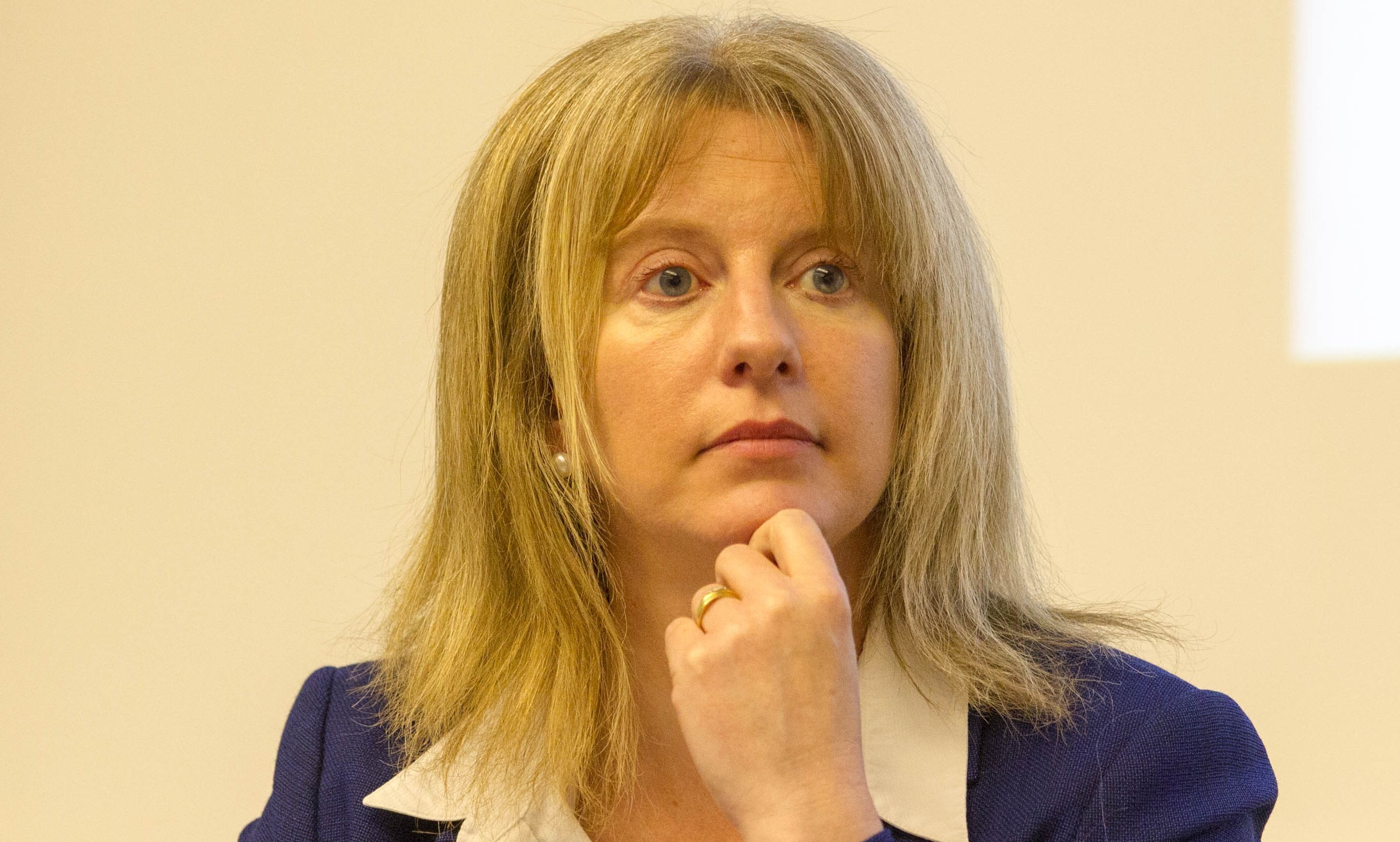NHS Tayside is racking up a monthly overspend of more than £1m as bosses try to find £200m of savings by 2022.
The health board has admitted overshooting its budget by £6.5m over the first six months of the financial year.
Meanwhile, the Health Secretary Shona Robison has already conceded that NHS Scotland will fail to meet two key performance targets next year.
Most of the overspend at Tayside, which sits in Ms Robison’s constituency, relates to workforce and prescribing costs.
The board is trying to make £45.8m of efficiency savings for 2017/18, but would still require a £4m loan from the Scottish Government to break even.
An Audit Scotland report published this month said there was a “high risk” that Tayside would fail to balance the budget.
Anas Sarwar, for Scottish Labour, said the financial woes at Tayside are a “complete shambles”, adding it is “frankly embarrassing” they are happening in Ms Robison’s back yard.
Ms Robison has vowed to stay on in her post after facing fresh criticism in the wake of a separate Audit Scotland report, which revealed that all NHS Scotland targets were missed.
It also warned that Scotland’s health is not improving and that spending cuts by health boards were starting to have an impact on standards.
Speaking to Sunday Politics Scotland, Ms Robison said that two waiting time targets relating to planned medical procedures and outpatient appointments would be missed again next year.
“I would want us to make progress on all of those targets,” she said.
“We will not meet the elective and outpatient targets by next year but they will be going in the right direction.”
Under the performance measures, 90% of elective surgery patients must wait no longer than 18 weeks between referral and treatment.
The same proportion must be given an outpatient appointment within 12 weeks.
Lesley McLay, the chief executive of NHS Tayside, said they are “continuing to respond to the challenges of continuing to deliver high-quality, safe and effective healthcare to our population, while redesigning our services so they are fit for the future”.
“The board approved a financial plan in March 2017 that required efficiency savings of £45.8,” she added.
“Recognising further pressures that have emerged during the year the board is presently £1.7m short of this target with £0.3m of the current programme identified as being high risk.
“While there is no doubt that there is a demanding programme of work to be delivered in 2017-18, our actions to date show we are moving towards a more sustainable future.”
